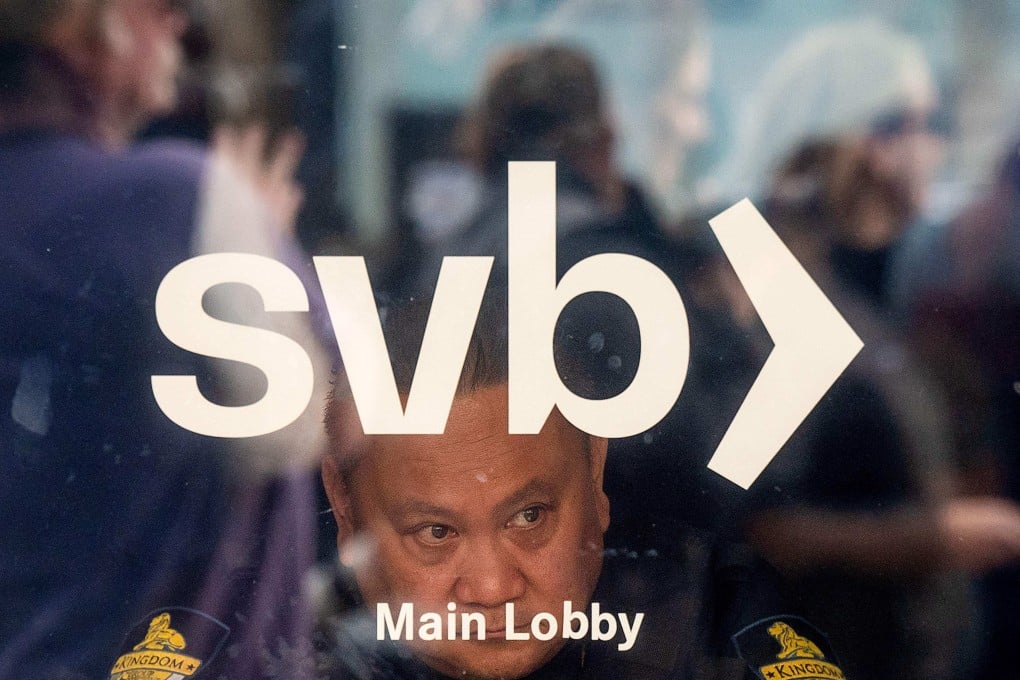Opinion | With Silicon Valley Bank bailout, an unrepentant US is spending its way out of trouble again
- Expect more banking and bond fund blow-ups with the US reluctant to stop the endemic moral hazard in its financial system, preferring to lean on the dollar
- As spooked central banks ease up on monetary tightening, inflation will only rise higher and last longer

When commercial banks fail, spooked central bankers slow down the normalisation of monetary policy. This gives the liquidity overhang more time to turn into inflation, entrenching expectations. Interest rates may be lower in the short term as a result of banking crises – but they will be higher in the long run.
The causes of SVB’s failure are similar to those behind the recent pension funds crisis in Britain. The bank put short-term deposits into long-term bonds, and the so-called duration mismatch led to losses as interest rates rose.
This raises the question of how bank deposits should be guaranteed. SVB’s corporate clients were risk takers. Bailing them out is like rescuing the people who gave money to rogue traders in 2008. It shows the lack of progress in financial supervision since then.

